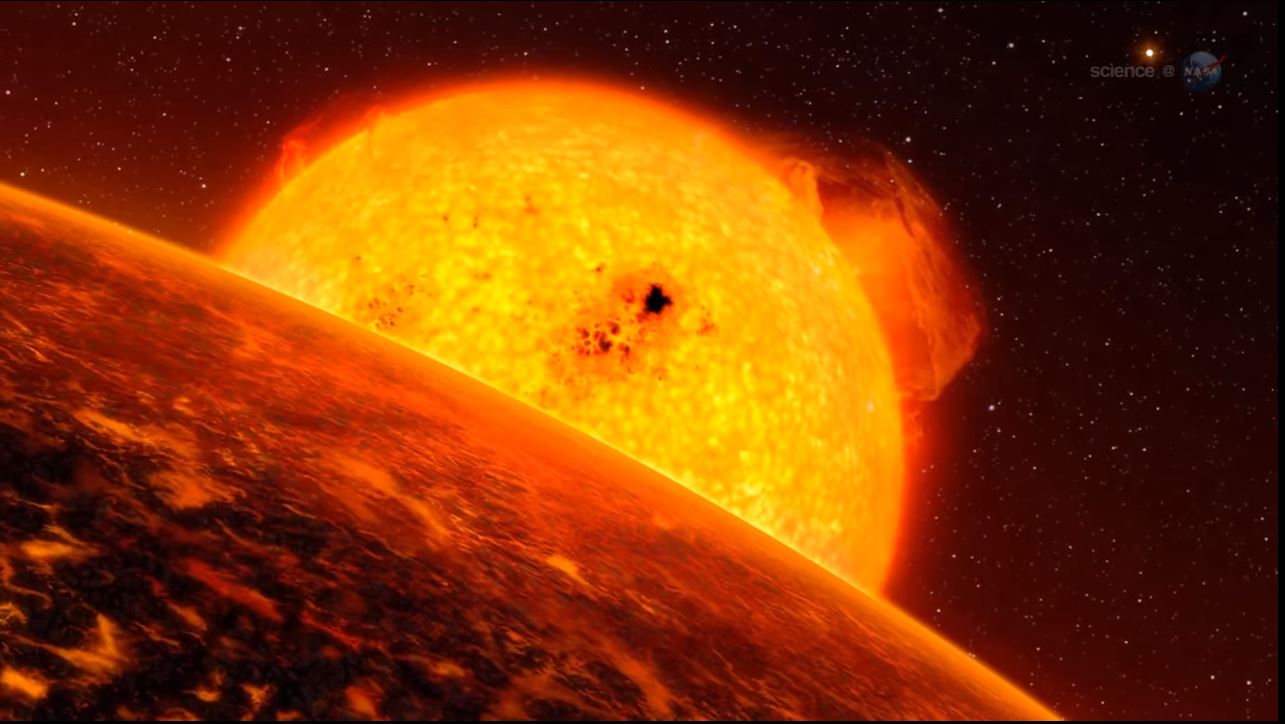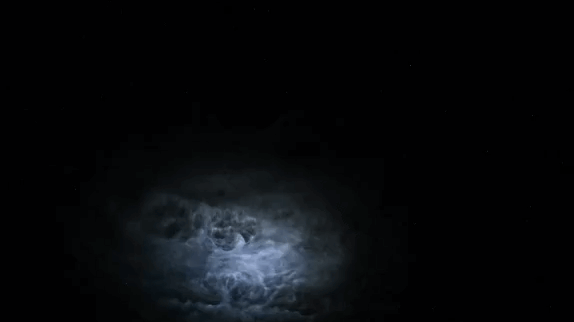Latest about
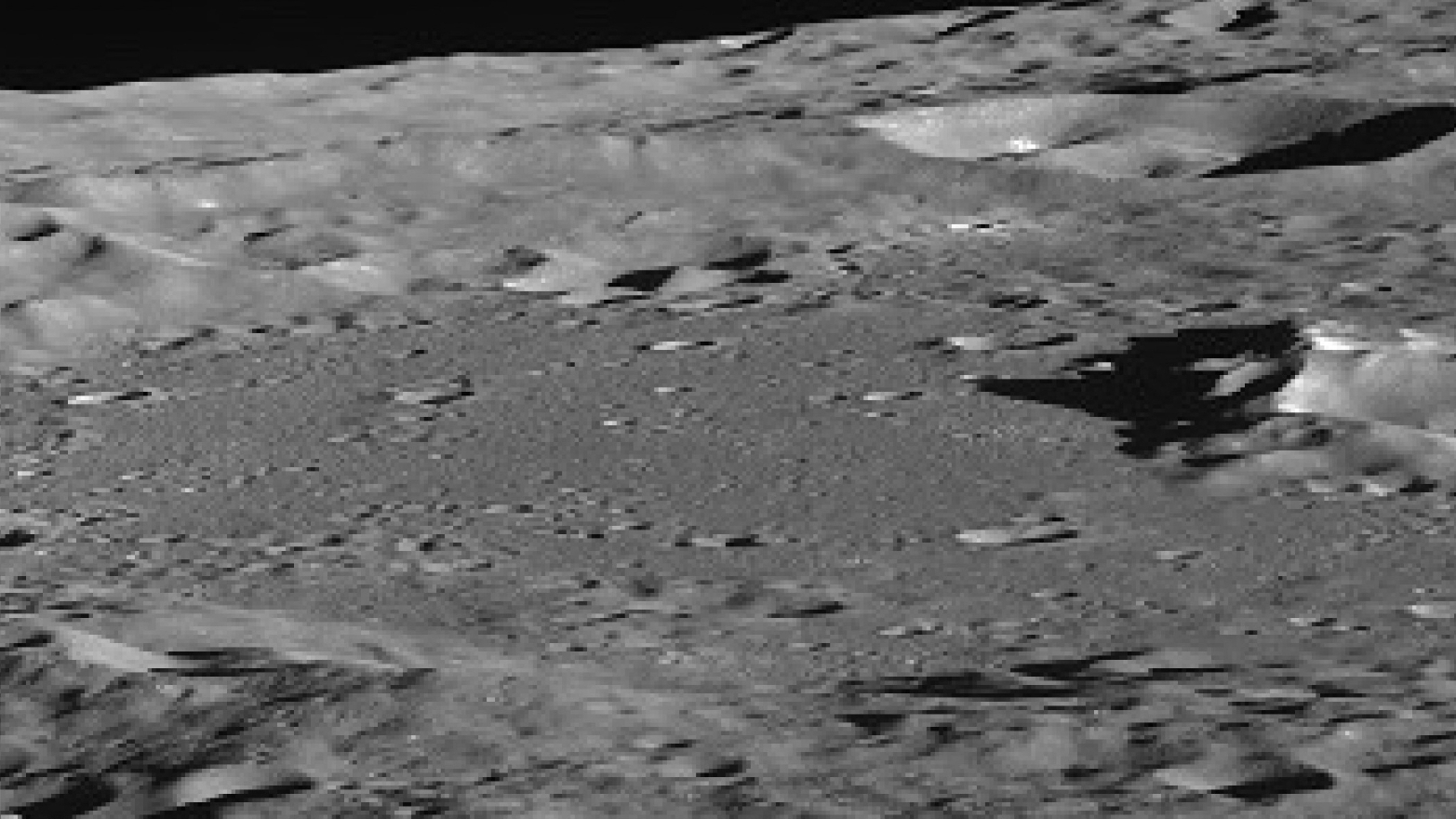
South Korea is converting an abandoned coal mine into a moon exploration testing ground
By Andrew Jones published
South Korea conducted a test inside the former Hamtae mine in late March, deploying prototype moon rovers equipped with tech that could be used in space mining.
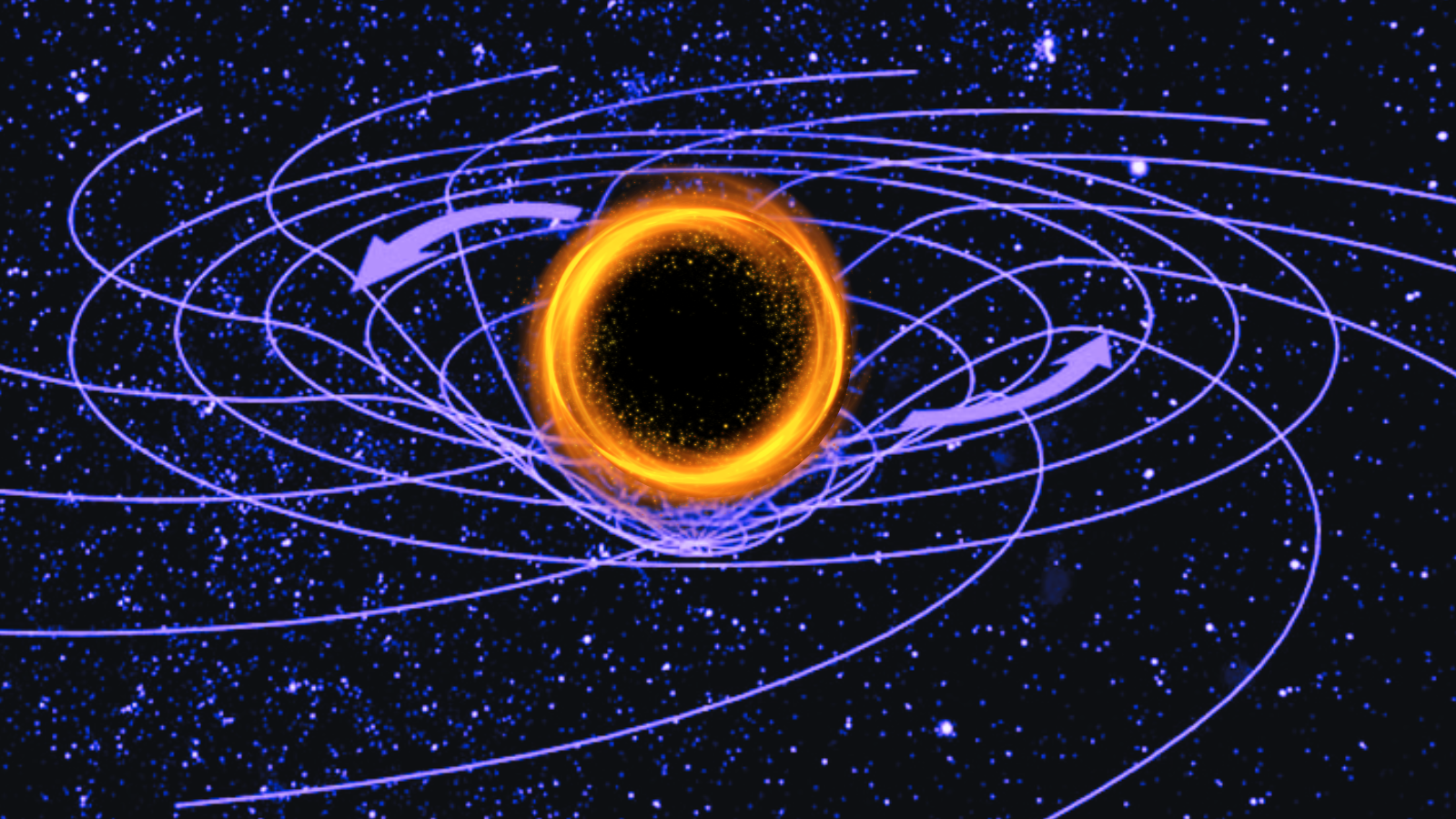
What is dark matter made of? New study bolsters case for 'primordial' black holes
By Paul Sutter published
In the early universe, primordial black holes could acquire a "dark charge," giving them an unnaturally long lifetime, new research suggests. This makes them an interesting candidate for dark matter.
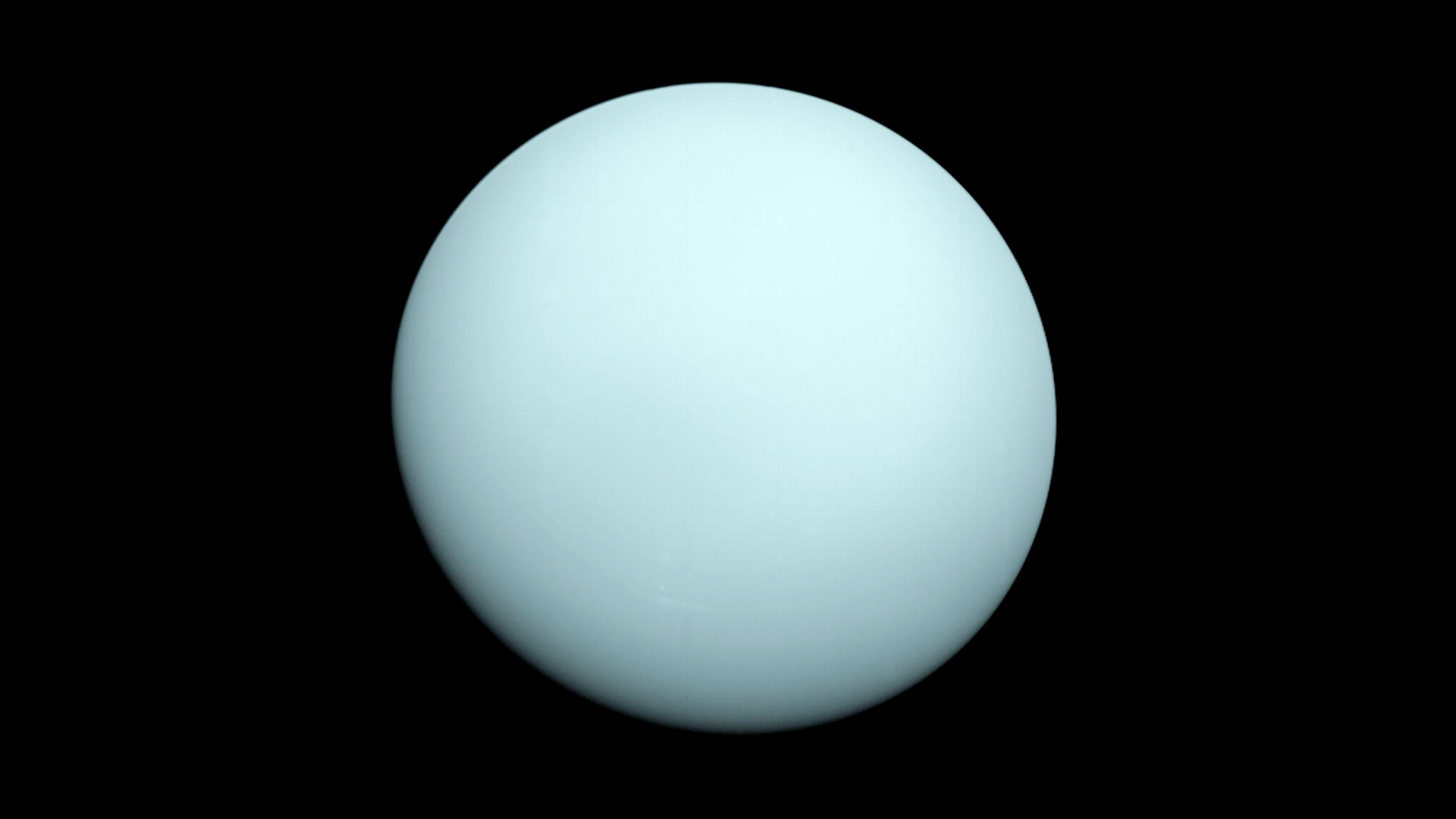
A day on Uranus is actually longer than we thought, Hubble Telescope reveals
By Sharmila Kuthunur published
This approach can now be used to determine the rotation rate of any celestial object with a magnetic field and auroras — including exoplanets.
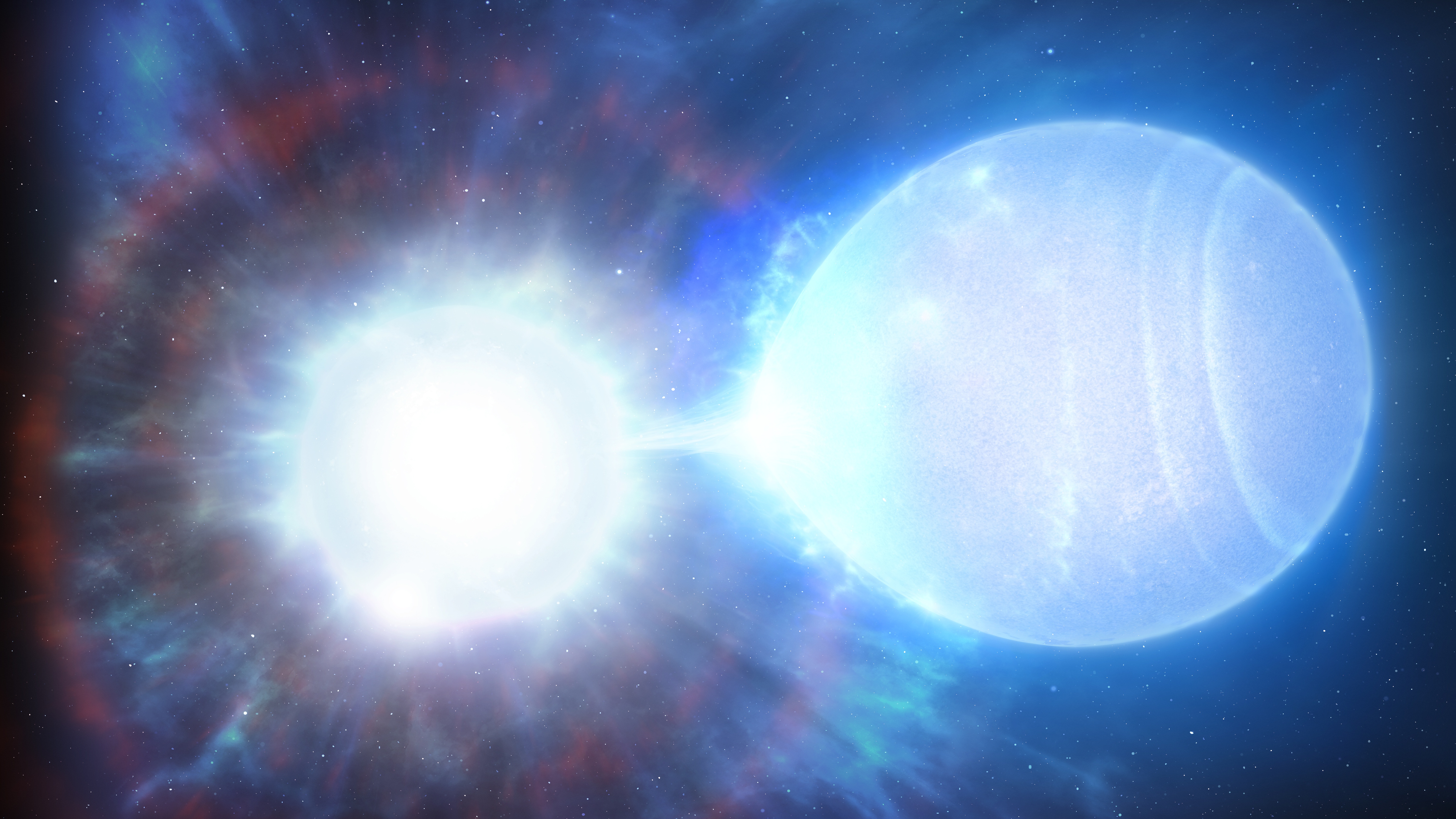
Scientists find rare double-star spiral doomed for supernova explosion
By Julian Dossett published
In 23 billion years, these two white dwarf stars will collide. Then, they'll explore. Here's why scientists say this discovery is such a big deal.

'Major disruption' has caused Arctic polar vortex to slide off North Pole, scientists say
By Sascha Pare published
A sudden stratospheric warming event reversed the winds that make up the northern polar vortex on March 9. A new animation shows the vortex also moved away from the Arctic towards Europe.
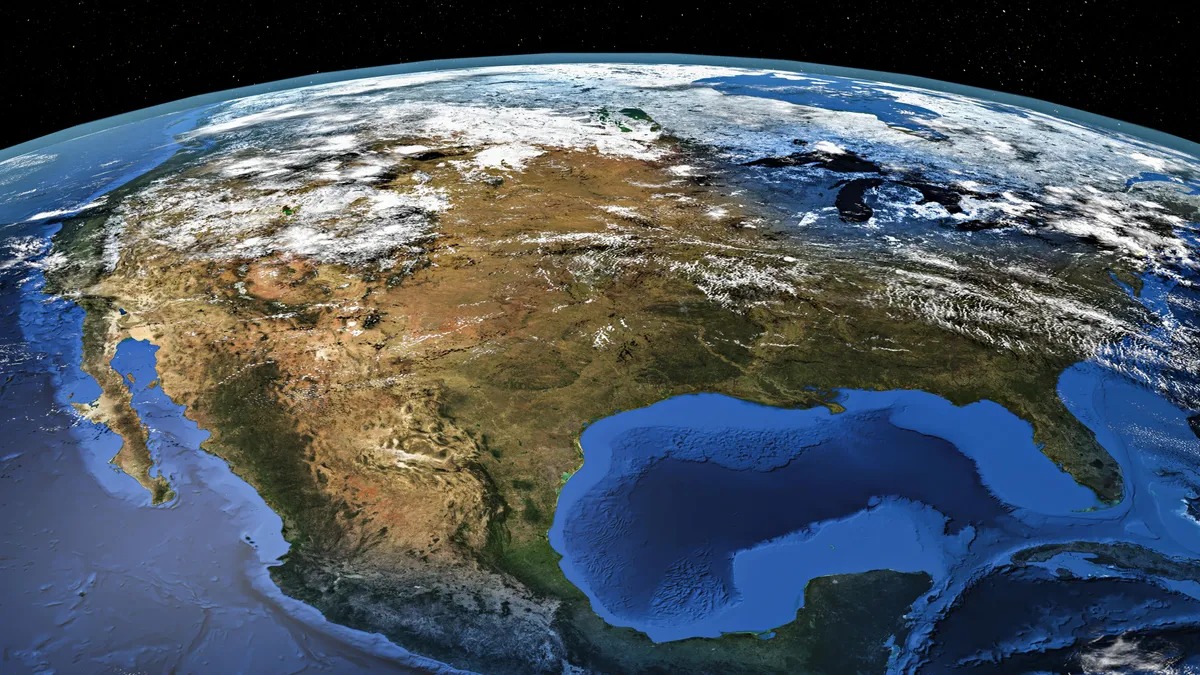
North America is 'dripping' down into Earth's mantle, scientists discover
By Sascha Pare published
Seismic mapping of North America has revealed that an ancient slab of crust buried beneath the Midwest is causing the crust above it to "drip" and suck down rocks from across the continent.
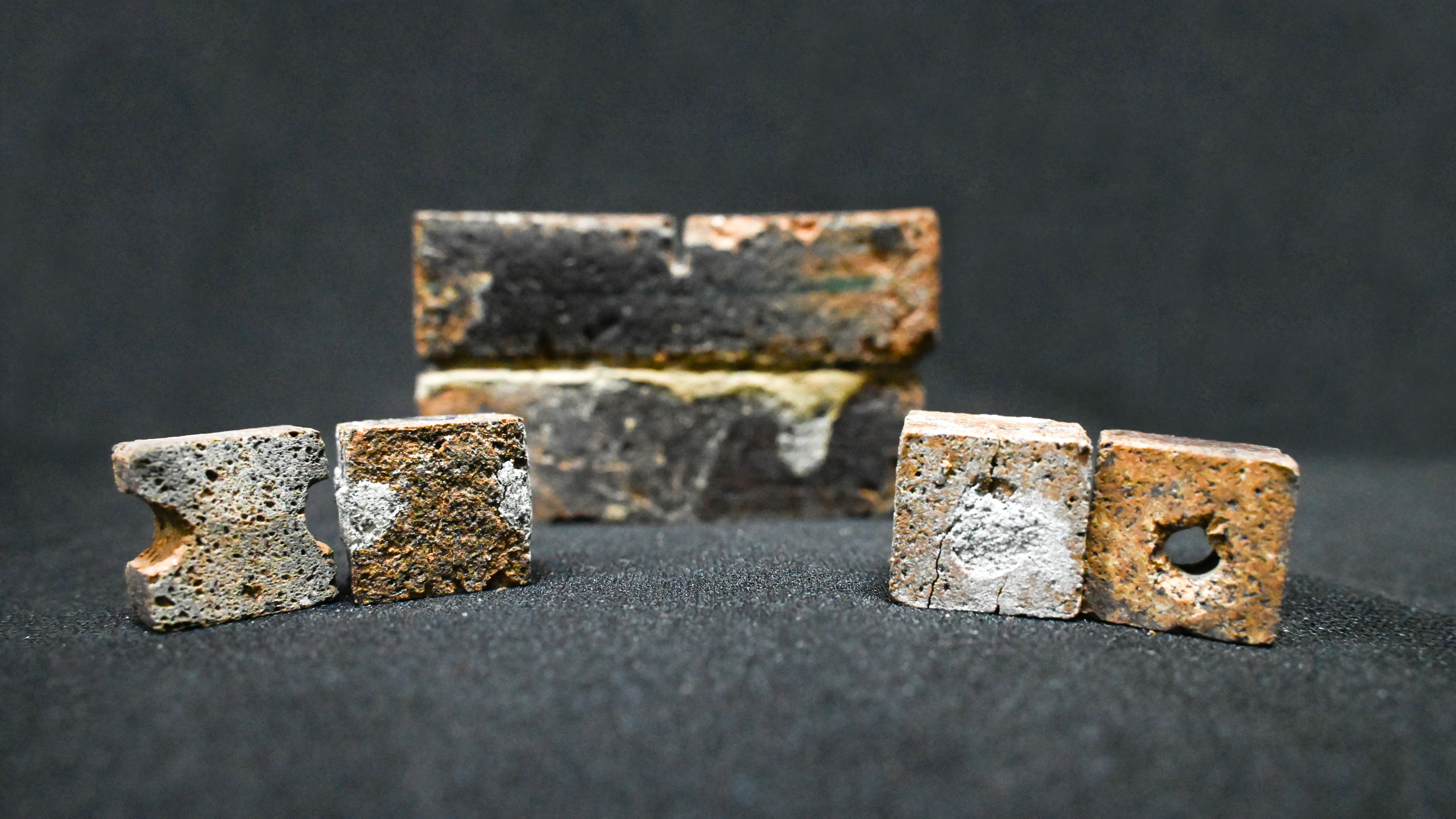
How bacteria could help build and maintain cities on the moon
By Keith Cooper published
The bacteria, Sporosarcina pasteurii, is able to make calcium carbonate that can act as a sealant to fix bricks made from lunar regolith.
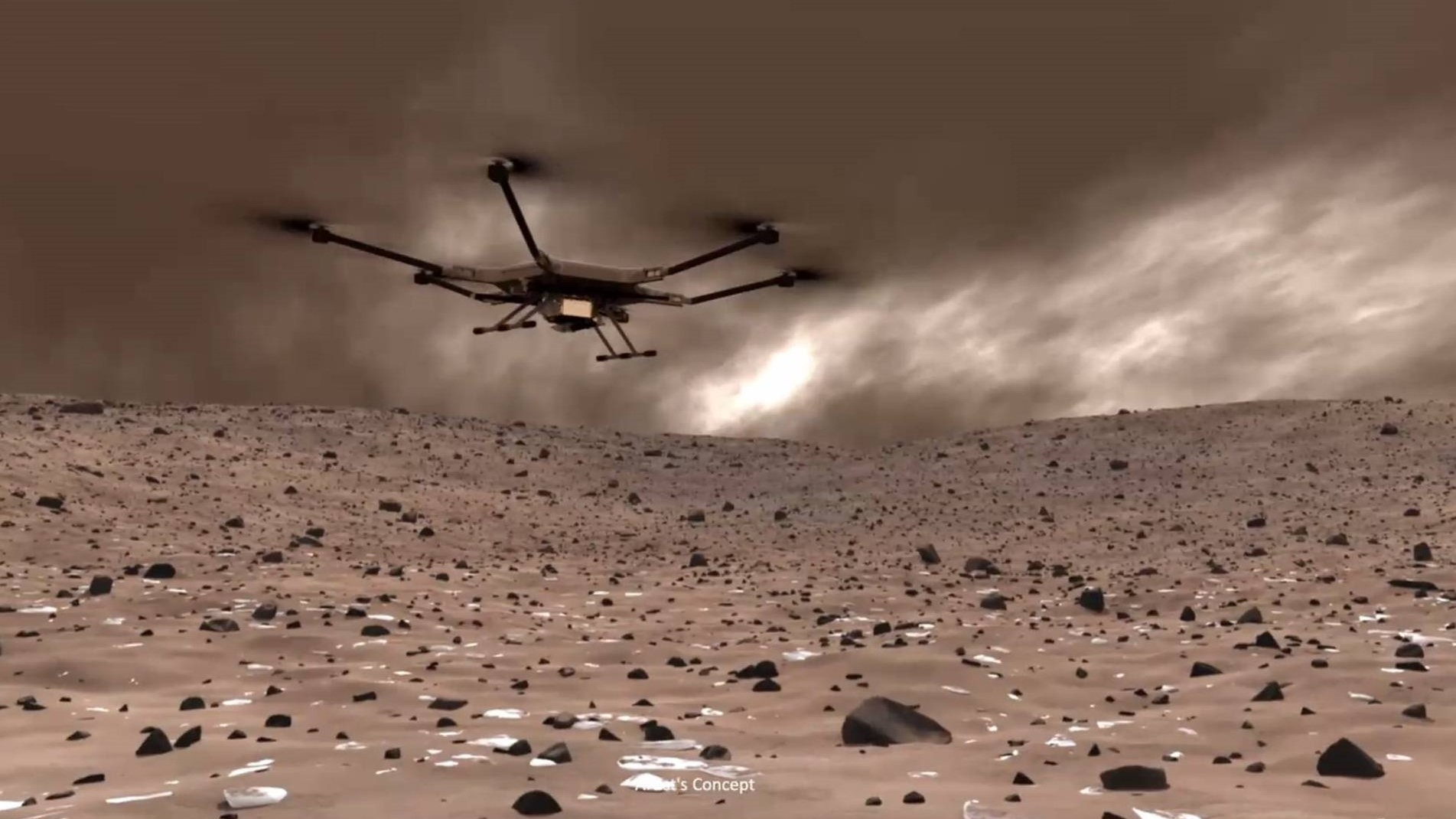
Meet 'Nighthawk': Mars helicopter mission could be big leap for exploration
By Andrew Jones published
NASA's next Mars chopper concept could do far more than fly — it could help unlock the planet's watery past, reveal signs of life and scout landing zones for astronauts.
Get the Space.com Newsletter
Breaking space news, the latest updates on rocket launches, skywatching events and more!
